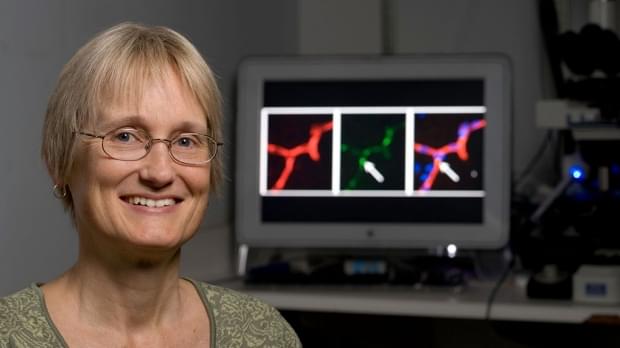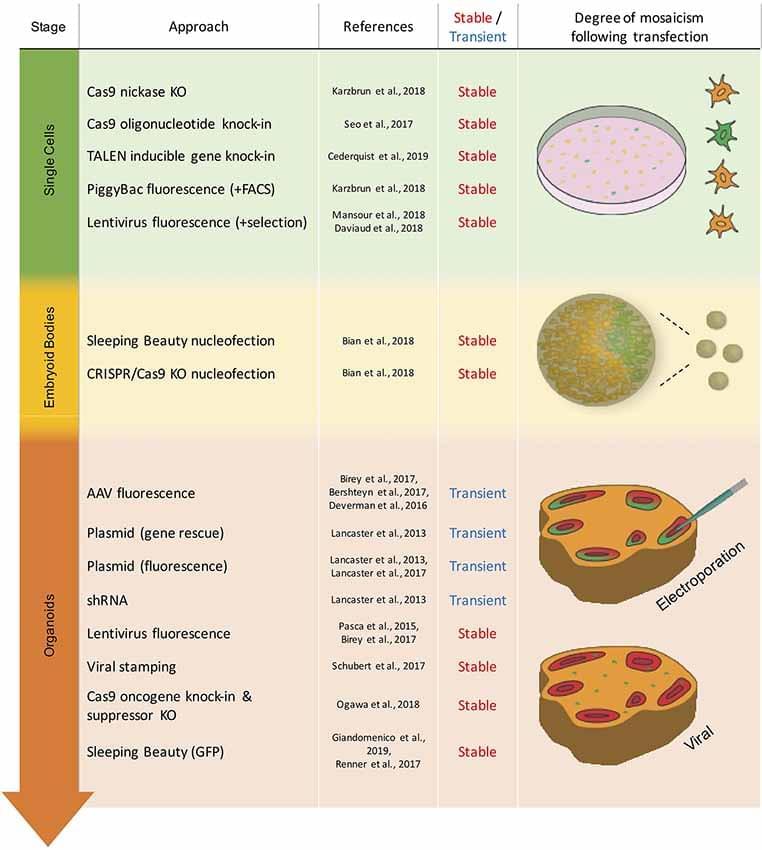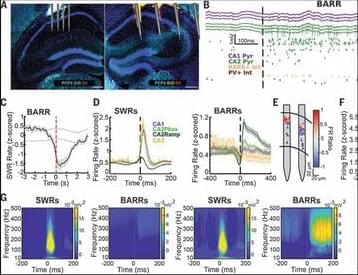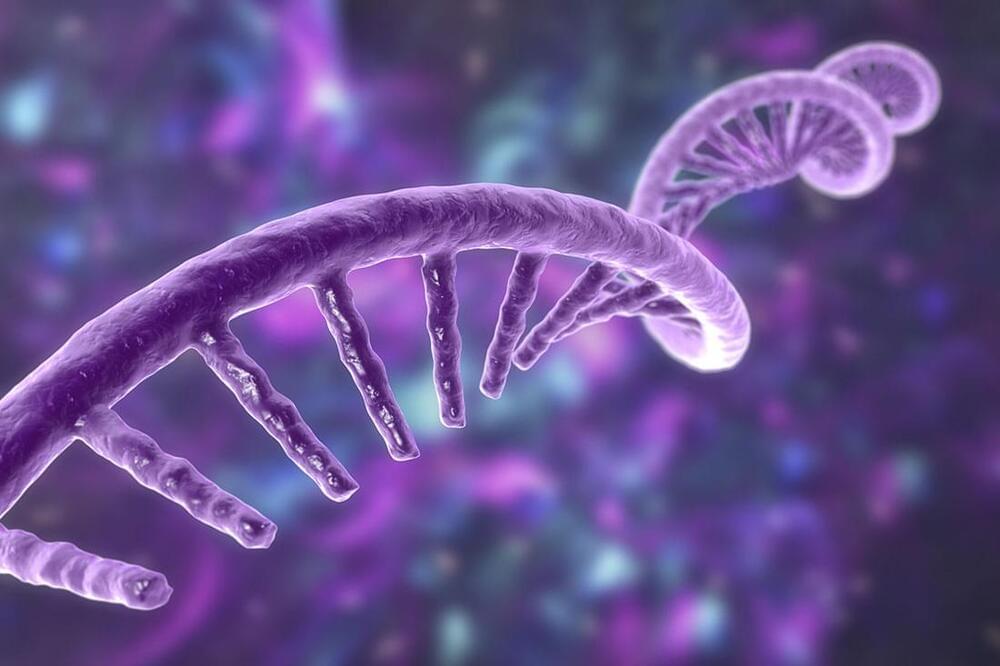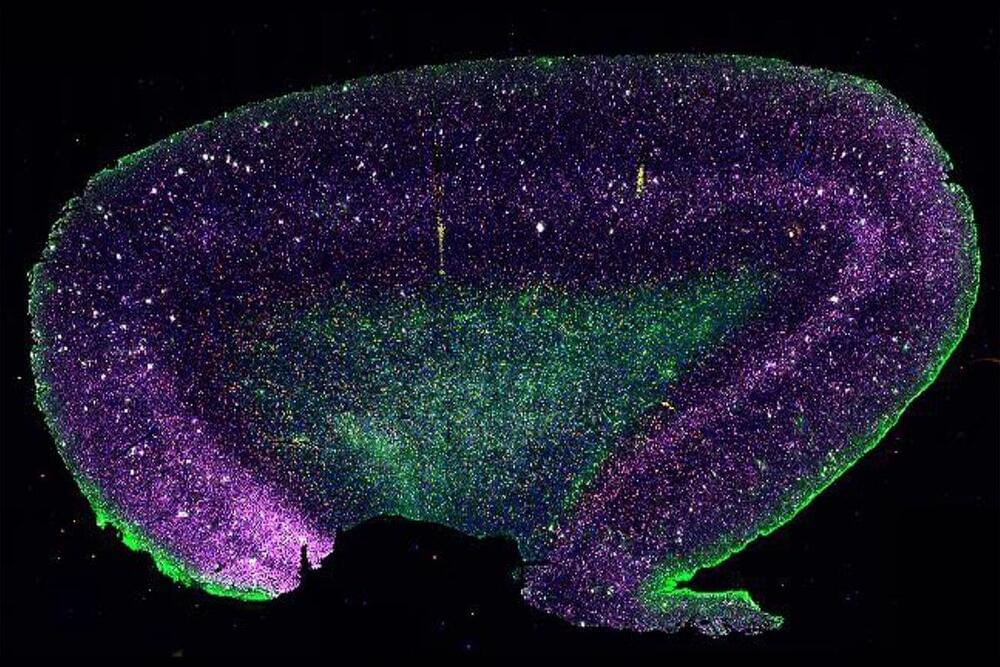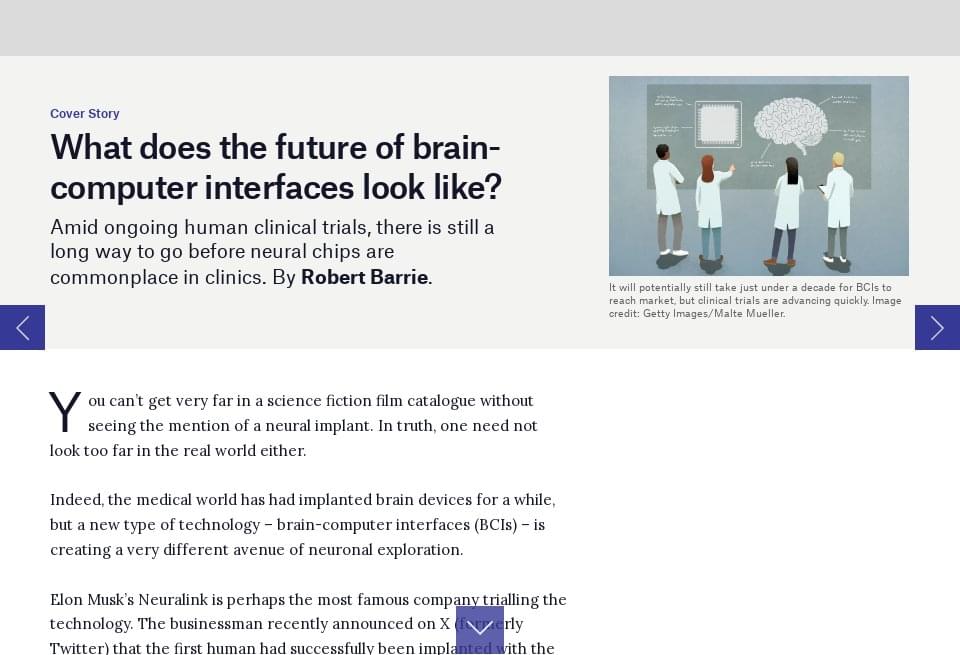Among the many ways neuroscientists think Alzheimer’s disease may strip away brain function is by disrupting the glucose metabolism needed to fuel the healthy brain. In essence, declining metabolism robs the brain of energy, impairing thinking and memory.
Against that backdrop, a team of neuroscientists at the Knight Initiative for Brain Resilience at Stanford’s Wu Tsai Neurosciences Institute have zeroed in on a critical regulator of brain metabolism known as the kynurenine pathway. They hypothesize that that the kynurenine pathway is over-activated as a result of amyloid plaque and tau proteins that accumulate in the brains of patients with Alzheimer’s disease.
Now, with support from research and training grants from the Knight Initiative, they have shown that by blocking the kynurenine pathway in lab mice with Alzheimer’s Disease, they can improve, or even restore, cognitive function by reinstating healthy brain metabolism.
